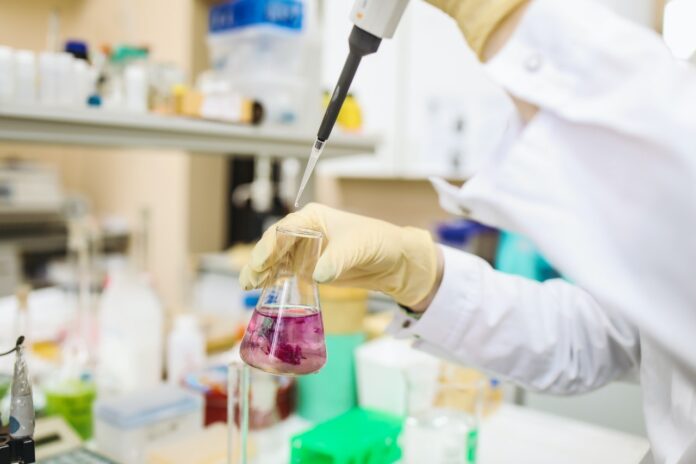Our extensive physical and mechanical testing capabilities include ASTM, ISO, IS, BS, or DIN standards as a one-stop plastic testing laboratory for design development, quality control, performance assessment, and failure analysis. For all types of polymer materials and products, our ISO/IEC 17025:2017 accredited plastic testing laboratory services assist design and development projects, Finite Element Analysis FEA, quality control, and problem-solving.
Plastic sheets and molded components are two plastic materials that are regularly tested for hardness. Hardness testing is routinely performed on rigid thermoplastics, Plexiglas, thermo polystyrene, vinyl sheeting, cellulose acetate, and thermosetting laminates like Formica. Hardness testing involves applying an external force or load to a material to determine its resistance to deformation. Plastic hardness testing includes pushing an indenter into the material, which protrudes from the center of a tester’s presser foot.
What characterizes plastic testing from other types of testing?
In Maeon Laboratories, Plastic testing is distinct from conventional materials testing due to the viscoelasticity and time-dependent effects of plastics. These must be considered in order to obtain an accurate hardness measurement. These terms aren’t commonly used in plastics hardness testing. The plastic test timing cycle, as well as temperature, are significantly more crucial due to flow and creep.
The significance of plastic hardness testing:
Nonmetallic hardness testing, on the other hand, is still largely ignored and undervalued. This could be because most plastic materials’ inherent performance qualities exceed the performance objectives of their individual applications. The resistance of plastic to being penetrated by a harder body is referred to as plastic hardness. The softer material is worn down or scratched by the harder material.










